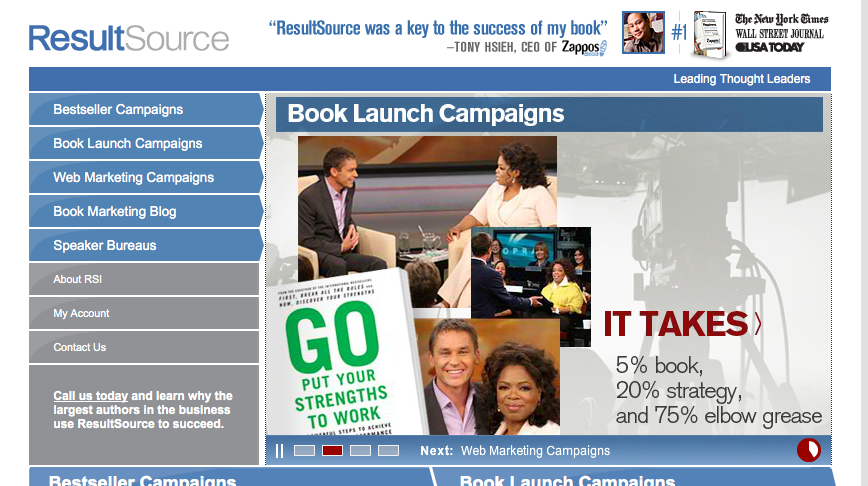Bestsellers: The Easy, Sleazy Way
When all the bets are down on a particular book and a bestseller is what’s gotta happen, publishers — and now authors — have ways of buying their way onto the bestseller lists. I’m not talking just about the megabucks for megabooks promotions that anointed authors can count on.
SLEAZE ROCKET LAUNCH IN 3 … 2 … 1 …
I’m talking about a sleazy secret that the big publishers won’t admit, but most have done: push humongous numbers of books into the retail channels.
Then target those retail outlets who get monitored by The New York Times and other bestseller lists. Then give your minions and spouses of minions enough money to go out and buy copies of the book … thus front-loading sales.
Of course, this works best when you’re a really big publisher and have many, many minions and beaucoup big bucks.
As soon as the book makes the bestseller list, then the headlines start and the new promo can play off bestseller status. If the initial sleaze rocket lands on target, the public gets interested and a genuine bestseller results.
AND NOW, ANYONE CAN BUY A SLEAZE ROCKET
The Wall Street Journal’s Jeffrey Trachtenberg has written one of the best investigative pieces about this: The Mystery of the Book Sales Spike
Trachtrenberg’s piece exposes a long-time, old-school sleazy practice that’s been turned into a lucrative business used by a number of current bestsellers and by Amazon (which claims that it has stopped.)
The new business, started by San Diego-based marketing firm, ResultSource, has turned the traditional publisher’s dirty practice into a business model.
According to Trachtenberg’s piece:
“As ResultSource’s website points out, hitting best-seller lists can mean fame, and potentially lucrative consulting assignments.
“Publishing a book builds credibility, but having a Bestseller initiates incredible growth—exponentially increasing the demand for your thought leadership, skyrocketing your speaking itinerary and value,” ResultSource says.
Soren Kaplan, author of business bestseller Leapfrogging, says he paid at least $75,000 to ResultSource which then bought him a slot on the Wall Street Journal’s bestseller list.
ResultSource, to be fair, didn’t invent the practice. It just found a way to make a profit off a practice pioneered by traditional publishers.
With this sort of chicanery on top of people paying for reviews, it’s clear that the only reliable reviews of books will come from user-generated writing on sites like Good Reads. And that will remain only for as long as the bloggers remain honest.
See the site for the MBA course I teach — Online Content, Prostitution & Disclosure — for what could happen if bloggers don’t police themselves.


